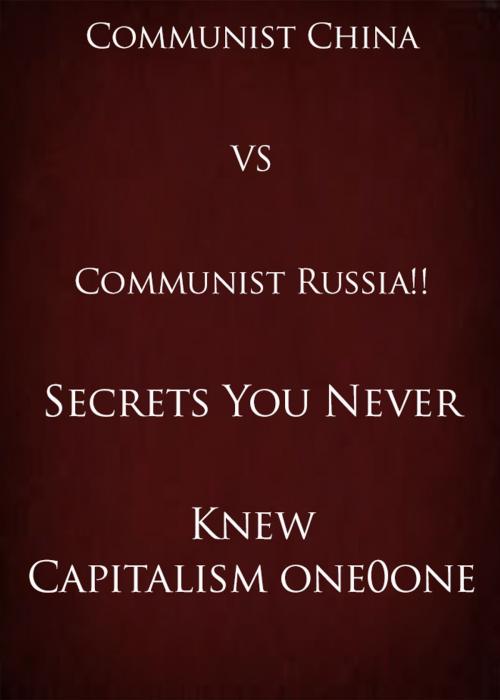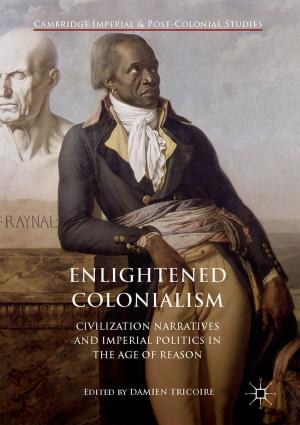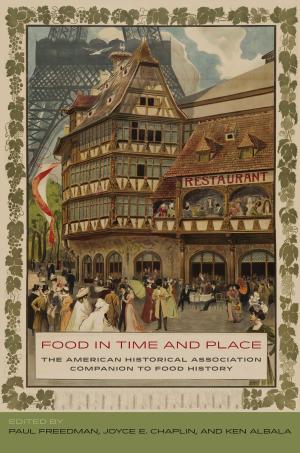Communist China VS Communist Russia!! Secrets You Never Knew
Nonfiction, History, Military, Nuclear Warfare, Asian, China, World History| Author: | Capitalism one0one | ISBN: | 1230000243544 |
| Publisher: | Bighouse-pub | Publication: | May 30, 2014 |
| Imprint: | Language: | English |
| Author: | Capitalism one0one |
| ISBN: | 1230000243544 |
| Publisher: | Bighouse-pub |
| Publication: | May 30, 2014 |
| Imprint: | |
| Language: | English |
The China-Soviet split (1960–1989) was the worsening of political and ideological relations between the People's Republic of China (PRC) and the Union of Soviet Socialist Republics (USSR) during the Cold War. In the 1960s, China and the Soviet Union were the two largest Communist states in the world. The doctrinal divergence derived from Chinese and Russiannational interests, and from the régimes' respective interpretations of Marxism: Maoism and Marxism–Leninism.
In the 1950s and the 1960s, ideological debate between the Communist parties of Russia and China also concerned the possibility of peaceful coexistence with the capitalist West. Yet, to the Chinese public, Mao Zedong proposed a belligerent attitude towards capitalist countries, an initial rejection of peaceful coexistence, which he perceived as Marxist revisionism from the Soviet Union.
The China-Soviet split (1960–1989) was the worsening of political and ideological relations between the People's Republic of China (PRC) and the Union of Soviet Socialist Republics (USSR) during the Cold War. In the 1960s, China and the Soviet Union were the two largest Communist states in the world. The doctrinal divergence derived from Chinese and Russiannational interests, and from the régimes' respective interpretations of Marxism: Maoism and Marxism–Leninism.
In the 1950s and the 1960s, ideological debate between the Communist parties of Russia and China also concerned the possibility of peaceful coexistence with the capitalist West. Yet, to the Chinese public, Mao Zedong proposed a belligerent attitude towards capitalist countries, an initial rejection of peaceful coexistence, which he perceived as Marxist revisionism from the Soviet Union.















